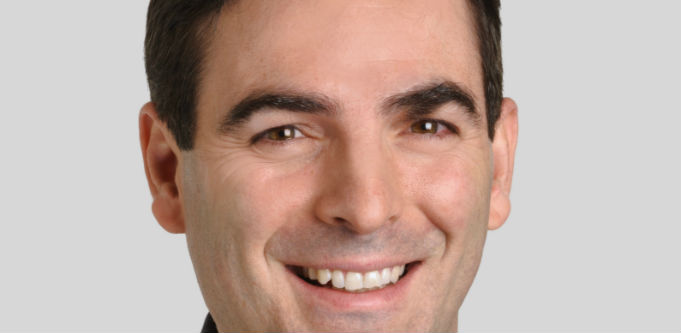
Having raised a whopping $5 million in seed funding from big-name backers, August Robotics is getting its first bots off the product line, but Aussie founder Alex Wyatt says a good tech startup is more than just a futuristic product.
The seed funding was led by Blackbird Ventures, and also included Grok Ventures, the private investment company of Atlassian co-founder Mike Cannon-Brookes, as well as prominent venture capitalist Roger Allan and investment banker John Wylie.
August Robotics is based in Schenzen, and Wyatt tells StartupSmart he didn’t necessarily set out to bag Australian investors. In fact, he says he was even offered a higher valuation from some venture capital firms in Asia.
However, he was “extraordinarily impressed” with Blackbird Ventures, noting that “every founder that has dealt with them only has positive things to say”.
He says: “We thought that, for the long-term future of the company, the opportunity to work together with Blackbird, and the value they had, made them the best possible lead investor.”
Wyatt adds that he has worked with both Allan and Wylie before, to great success. They both also backed Wyatt’s previous startup Climate Bridge, which was sold to Chinese consortium in 2013.
Wyatt accepts that $5 million is unusually large for a seed funding round, but says it’s not all about the money. He founded August Robotics in 2016, and now, he says it’s time to get on with the job at hand.
“It’s a relatively big number, but we’re keen not to always be raising. Doing one big raise now has enabled us to concentrate on what we want to concentrate on, which is the robots.”
How could a robot help?
And, that’s exactly where the investment is headed. August will launch its first robot at the end of the year, and Wyatt has also pegged some of the funding for sales and marketing expenses.
He also has plans to build up the research and development team, and to start multi-streaming, working on several robots at once. The team will also move into a dedicated R&D centre, making building and testing more streamlined.
The first robot on the production line is one designed to streamline the construction of trade show exhibitions, but Wyatt hastens to add that August is not a “trade show robot company”. This is just the start, he says.
“The mantra of the company is around specialised robots, rather than anything particular to do with trade shows … The first robot just happens to operate in the trade show industry.”
He adds that there’s “no romantic story” as to why the company is addressing the needs of the trade show space first. Rather, he simply asked everyone he knew, “what do you do, and how could a robot help?”
Wyatt says: “We tested a bunch, and the trade show robot came out as most appropriate at this stage.”
Through this, the company also identified other promising use cases for robotic products – for example in the travel and leisure, mining and energy sectors – where they could make processes automated, more efficient or safer.
“The process didn’t just identify the first robot,” he says. “It also identified a pipeline.”
Is your product as great as you think it is?
In fact, Wyatt believes robotics is set to take off in a big way. Pointing to the presence of software and apps creeping into the everyday, he says we are due for “a similar explosion of little robots in every area of our lives”.
We already use software to buy dinner or find a date, robots will simply be a “physical manifestation” of that, he says, completing processes like “weeding the garden, washing the car, doing your laundry and preparing your dinner”.
August Robotic is enabling the same thing in enterprise.
“The ones we’re focused on are business processes,” Wyatt says.
But, be it robotics, an app, or any other gadgetry, Wyatt warns other tech-based startup founders not to get caught up in the technology alone.
“Ensure that you think about the product, and the business that you’re building, from the perspective of the customer, not just from the perspective of the technology,” he says.
“Too often, the founder thinks they have a great product that is really cool, then they discover, years later, that they’re the only one.”
You have to have a product “customers think is cool,” he says.
NOW READ: Why human creativity could shine in the future robot-driven workplace


COMMENTS
SmartCompany is committed to hosting lively discussions. Help us keep the conversation useful, interesting and welcoming. We aim to publish comments quickly in the interest of promoting robust conversation, but we’re a small team and we deploy filters to protect against legal risk. Occasionally your comment may be held up while it is being reviewed, but we’re working as fast as we can to keep the conversation rolling.
The SmartCompany comment section is members-only content. Please subscribe to leave a comment.
The SmartCompany comment section is members-only content. Please login to leave a comment.